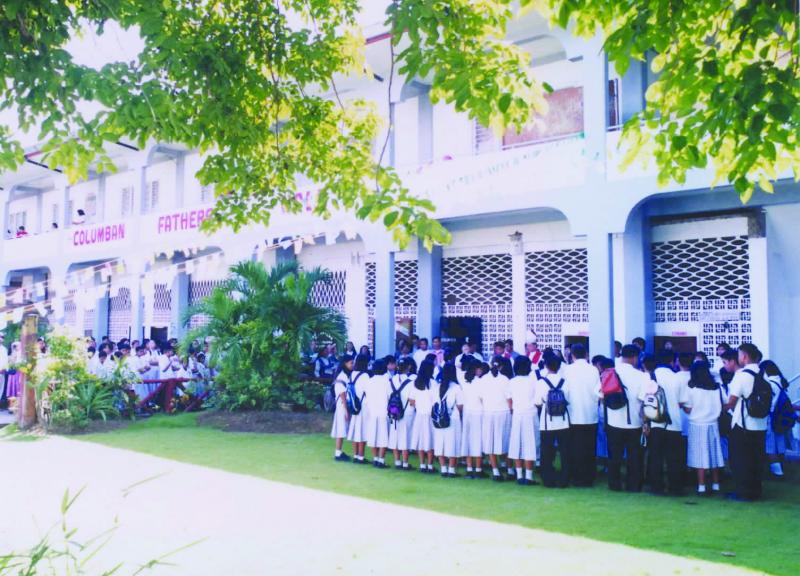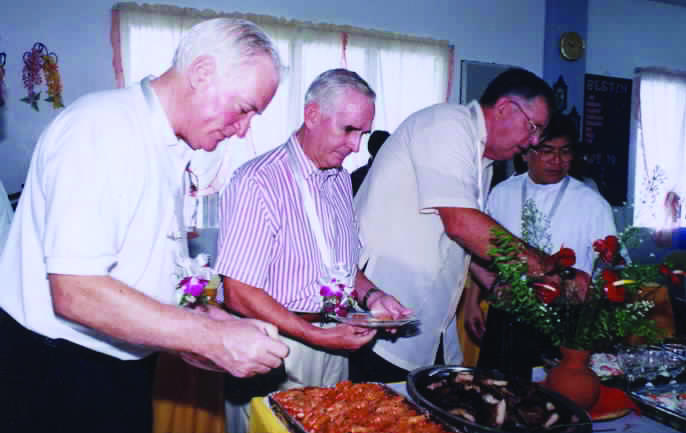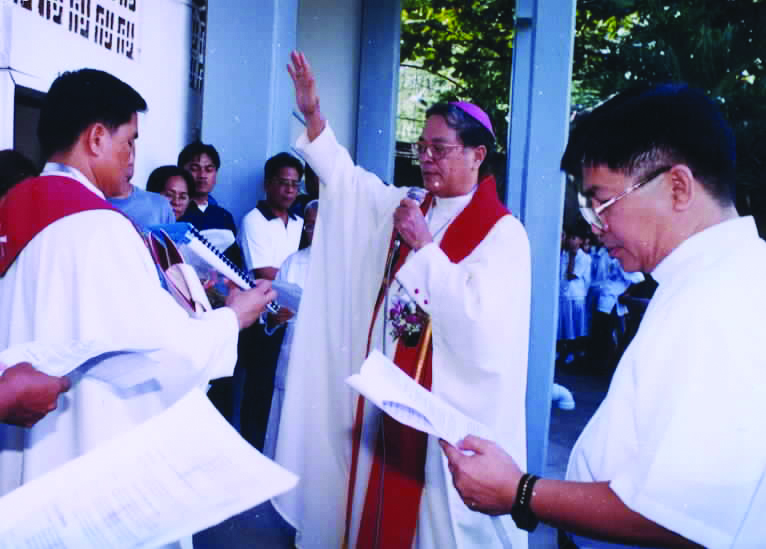That Which Is Beautiful, Never Leaves Us
By Carol Ducos

Fifty years ago, Zambales was slowly recovering from the destruction of World War II and insurgency problem was at its peak. It was within the main zone of conflict and operation. It was during this period that the Columban Fathers arrived and started organizing Christian communities. Most of the new priests were very young and were newly ordained, full of zeal to evangelize and transform the community under their care.

For a start, the Columbans focused on education whose core was Christian formation. When they started their mission, there were only two Catholic schools in the province. The Columbans put up high schools in parishes out of their earnings, from parish funds and foreign donations, and bought private institutions. This was how they acquired St. James School, originally named Subic High School, a nonsectarian institution established in 1945 and owned by prominent families of Subic.

On July 25 last year, the Columbans celebrated their 50th year in Zambales. This was also the feast of St. James. In this special occasion, the Columbans were honored with the blessing of the Columban Fathers Hall in St. James’s School. Each of the classrooms bears the name of a Columban priest who had served in the Diocese. Frs. Francis O’Kelly, Pernard Mulkerins and Fintan Murtagh graced the occasion. They were among the many Columban priests who served the people of Zambales. It was a very nice affair attended by Bishop Deogracias Iñiguez and many diocesan priests.

As the Columbans were redefining the meaning of faith by education, they were also transforming Christian communities. They organized the parishes and remote villages with the active participation of the people. They immersed themselves in the lives of our people, especially the poor, and learned to speak our language.
To our dear Columban Fathers, you had your share of patriotism in a foreign land you chose to serve – six Irish Columbans perished during the Battle of Manila in 1945. In Philippine history, they are known as the Martyrs of Malate. You left Subic some 25 years ago, but as long as the Church and the schools are here, the Columban spirit is here to stay. You have touched our lives and will always have a special place in our hearts.
